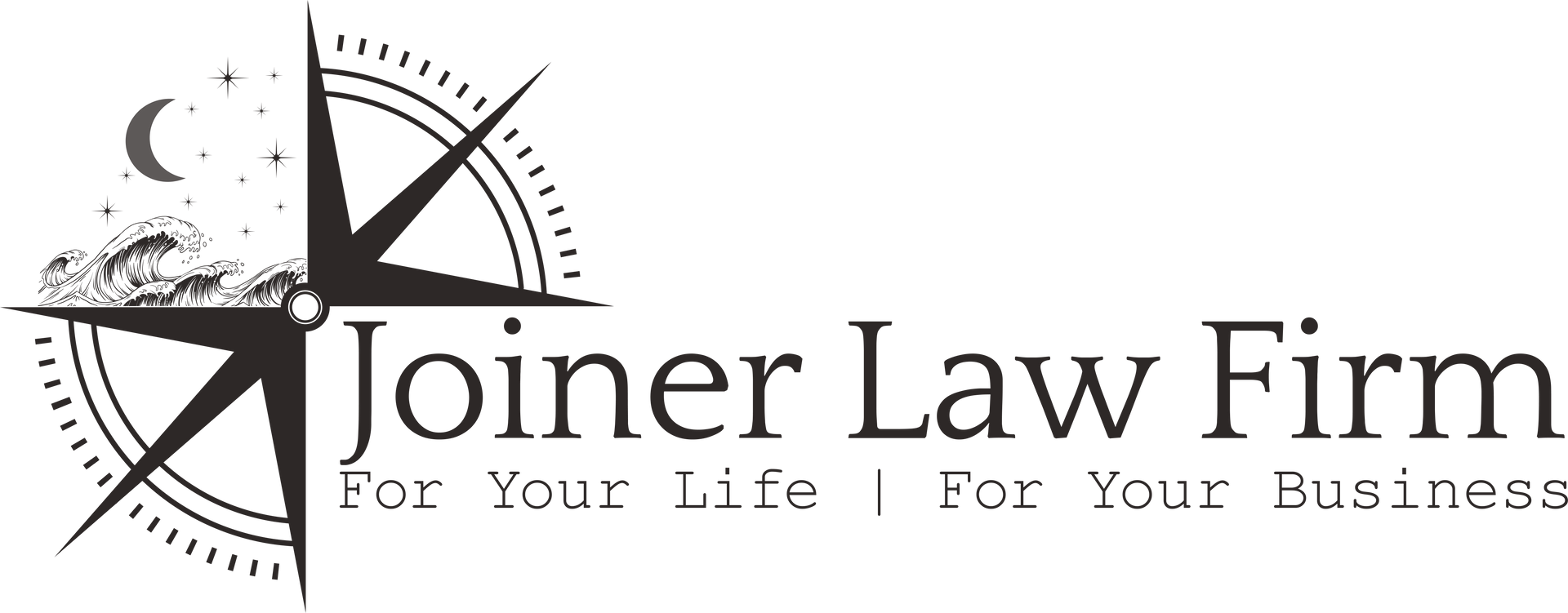10 Small Business Tax Moves to Make the Second Half of the Year - Part 1

As a small business owner, you know that managing your finances strategically is crucial to your success. With the second half of 2024 underway, now is a great time to focus on the thing no one likes to talk about but can make a huge difference to your bottom line: taxes.
I know it’s not even close to tax season, but hear me out. Strategic tax planning affects your bottom line by helping you maximize deductions and minimize your tax liability. So, thinking about these strategies now gives you plenty of time to take action rather than scrambling in December (or worse yet, next March) when it may be too late. Trust me. Your future self will thank you.
This is the first article of a 2-part series, so my apologies if you get so excited by the time you get to the end of this article that you’re bummed you have to wait another week to finish it (hey, it could happen). In that case, spend the time between now and next week exploring the suggestions I’ve outlined here. That should tide you over.
Moreover, I wouldn’t be a lawyer if I didn’t give you a disclaimer (or use the word “moreover”): this article contains general information for small business owners and is not tax or legal advice. Always consult an expert who can determine which tax strategies are best for your business and ensure you implement them correctly. In fact, if you don’t have a relationship with a CPA whom you can count on come October when you’re making your tax projections, now is the time! You’ll also want a bookkeeper if you don’t have one already. Your bookkeeper will keep your books reconciled and categorized each month, so you’ll be ready when October rolls around. Read to the end, and I’ll show you how to get advice and counsel that’s suited for you.
And with that, let’s get started!
Move No. 1: Supercharge Your Retirement Accounts
Uncle Sam is practically begging you to save for retirement (unless you want to work until you die, no judgment, you do you). In 2024, you can stuff up to $23,000 into your 401(k), or $30,500 if you're 50 or older. Got a SIMPLE IRA? You can contribute up to $16,000, with an extra $3,500 if you're in the half-century club. So now is a good time to increase those contributions if you’re off track this year.
Since you’re a self-employed business owner, you can supercharge your retirement savings with a SEP IRA or Solo 401(k). These accounts allow you to contribute up to 25% of your net earnings from self-employment, up to a maximum of $69,000. That's right, you could potentially shelter almost 70 grand from taxes - and it’s totally legal.
And don’t forget that compound interest is your friend. It's like that buddy who always has your back, except instead of helping you move furniture, it's making your money grow while you sleep. So start maxing out those contributions now.
Move No. 2: Shop ‘Til You Drop (for Business Stuff, Of Course)
Remember when your parents said money doesn't grow on trees? Well, in the world of Section 179 deductions, it kind of does. You can deduct up to $1,200,000 in 2024 for qualifying equipment, software, or your next new vehicle. That's right, the IRS is essentially saying, "Please, spend money on your business. We insist!"
So, if you've been eyeing that new 3D printer, high-tech coffee maker (hey, productivity is important), or a fleet of company Sprinter Vans, now's the time to break out the company credit card. Just make sure it's actually for your business unless you want to explain to an IRS auditor why your "office chair" looks suspiciously like a jet ski.
Additionally, don't forget about bonus depreciation. In 2024, you can deduct 60% of the cost of qualified property in the year you put it in service. These deductions can be a game-changer for your business's tax bill. It's like the government is giving you a "buy now, save later" coupon, except "later" is actually "right now" - well, whenever you file your taxes.
Move No. 3: Turn Your Home Office Into a Tax Haven
Working from home? As a business owner, you get to take advantage of the home office deduction. It’s like finding money in your couch cushions, except the couch is your house!
You've got two options here: the simplified method or the regular method. The simplified method lets you deduct $5 per square foot, up to 300 square feet. The regular method involves calculating actual expenses, which is perfect for those who enjoy spreadsheets (again, you do you).
Just remember, your office needs to be used exclusively for business, which means that pile of laundry in the corner should probably go.
And here's a little-known secret: if you're self-employed and use your cell phone and internet for business, you can deduct a portion of those expenses too.
Move No. 4: Become a Charitable Giving Ninja
Feeling generous? Good news! You can support your favorite causes and save money at the same time. In 2024, you can generally deduct up to 60% of your adjusted gross income for cash donations. And you can "bunch" your donations. This means concentrating several years' worth of giving into one year to exceed the standard deduction.
But wait, there's more! If you're over 70½, you can make qualified charitable distributions (QCDs) directly from your IRA. These count towards your required minimum distributions but don't increase your taxable income. If you're feeling really fancy, consider setting up a donor-advised fund. It's perfect for those who want to be philanthropic but also like to keep their options open. You know, in case you discover a new passion for saving endangered left-handed albino squirrels or something.
Move No. 5: Wine and Dine for Uncle Sam
While you can't write off that crazy night at the karaoke bar as a business expense anymore (gee, thanks, tax reform), you can still deduct 50% of your business meals. So go ahead, treat your clients to that swanky steakhouse. Don’t forget to keep the receipt, though. The IRS expects you to record the amount, date, place, business purpose, and business relationship of the person you dined with.
And if you provide meals to your employees at work for your convenience (like during a late-night crunch session), those are 100% deductible. So next time your team is burning the midnight oil, order some pizzas. Your employees will love you, and your tax bill will shrink. It's a win-win!
These 5 tax strategies should give you enough to chew on until next week when you’ll learn 5 more moves you can make this year. In the meantime, if you’re looking to get specific guidance for your business, book a call with me using the link below.
The Trusted Advisor Your Business Needs
As your trusted LIFTed Business Advisor, I understand the critical importance of strategic tax planning to maximize your small business's financial health. Having support and strategies for implementing these tax moves not only helps you save money but also positions your business for long-term success. That's why I offer a comprehensive LIFT Business Breakthrough Session where we'll analyze your current business foundations - including your tax strategies - and develop a plan to address any gaps. Together, we'll ensure that your business is well-equipped to take advantage of these tax-saving opportunities. With my support, you can focus on what you do best—growing your business.
Book a call using the link below to learn more and get started today.
This article is a service of the Joiner Law Firm, a Personal Family Lawyer® Firm. We don’t just draft documents; we ensure you make informed and empowered decisions about life and death, for yourself and the people you love. That's why we offer a Life & Legacy Planning Session™, during which you will get more financially organized than you’ve ever been before and make all the best choices for the people you love. You can begin by calling our office today to schedule a Life & Legacy Planning Session™.
The content is sourced from Personal Family Lawyer® for use by Personal Family Lawyer® firms, a source believed to be providing accurate information. This material was created for educational and informational purposes only and is not intended as ERISA, tax, legal, or investment advice. If you are seeking legal advice specific to your needs, such advice services must be obtained on your own separate from this educational material.










